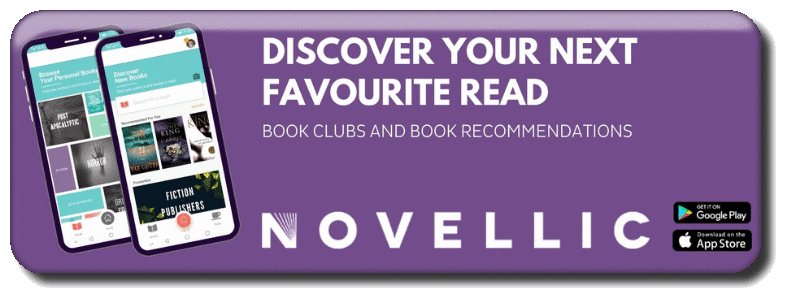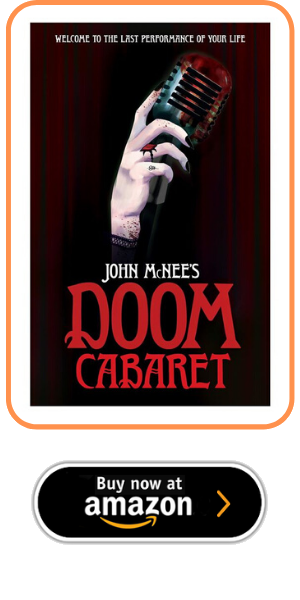As we explored in our series Thirteen For Halloween, horror is alive and well in the video game industry. It could be said that improving technology has made it harder to produce a good horror game; customers paying big money expected great graphics and antagonists. However, some of the best horror games and films scare you with what you do not see. In the days before advanced technology, developers used sound and not sight to frighten you, letting you create fear in your mind. The horror genre has been alive and well as long as machines have been capable of layering atmosphere on realistic graphics. Den of Geek reveals there were horror-themed games before Silent Hill and Resident Evil, but those two were the first that truly scared gamers. Since then, many have played on horror themes with varying success. Even mobile devices can play on horror imagery these days; the online slots on Foxy Games included titles such as Halloween Jack and Full Moon Fever, which are intended to entertain, not terrify. That’s not to say the smaller devices don’t scare; Unlucky Postman: Horror Quest in House of Grandpa proves that they’re capable of doing just that. One franchise on console that has had a huge impact on the horror genre is The Last of Us. The long-awaited sequel dropped a couple of years ago, and after a recent second playthrough, it has to be noted that it does the horror genre perfectly, laying a blueprint for future developers to follow. Why is Naughty Dog’s game so effective? Firstly, it combines genuine emotion with fear and scares. You can bond with the characters; they have charming conversations that make you care immensely for them. The early brushes with the antagonists are short and often at a distance; it eases you into a false sense of security. The same goes for some of the main missions; outdoor Seattle is bright and green, a luscious post-apocalyptic landscape that offers us a glimpse of what our cities might have looked like had the recent pandemic become even more devastating. Good horror films make you care about the characters, sharing their fear of the villains and playing on their emotional needs. The slasher genre often ignored much of that and went straight for the gore, but psychological horror is about more than fear of death; it is a fear of loneliness, loss, and not surviving another day. To want a character to survive is to fear them not doing so, and a game that creates that tension is a sure-fire winner. However, The Last of Us 2 also combines the power of modern machines with genuinely horrific scenes. Once your character enters one of Seattle’s dark spaces, they have just a torch for company, much like in Alan wake, which has just been remastered. The sound dampens, and you can often hear scurrying and moaning. This is real horror – we care about our characters, and now they’re in peril. Even on a huge 48” television, your field of vision is limited to a small torch, and even that falters at times. Then, from nowhere, you’re attacked, and the death scene is utterly brutal, quick, poorly lit and giving you a glimpse of your foe as they tear out your insides. The storyline runs for many hours. It combines these horrific moments with human emotion and shows the terrible side of humanity, the damage we inflict on each other. That, when done correctly, is even scarier than the ambling monster found in the flooded basements of The Last of Us Part 2. Eventually, you find that every turn is filled with something to fear – even that which lays inside of us. If you haven’t played The Last of Us 2, do so. It is a great blueprint for modern horror games and could even teach some shock and gore movies a thing or two about how to frighten people without special effects and blood genuinely. TODAY ON THE GINGER NUTS OF HORROR WEBSITE YOUNG ADULT AND MIDDLE GRADE NOVEMBER ROUNDUP [THE YOUNG BLOOD LIBRARY]THE HEART AND SOUL OF HORROR FEATURES Comments are closed.
|
Archives
April 2023
|









 RSS Feed
RSS Feed

